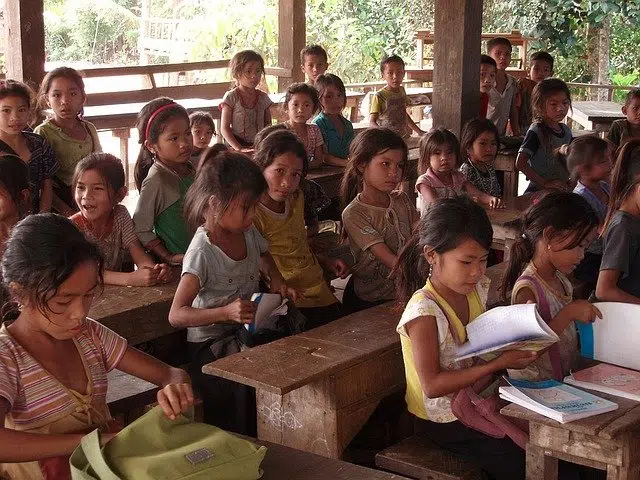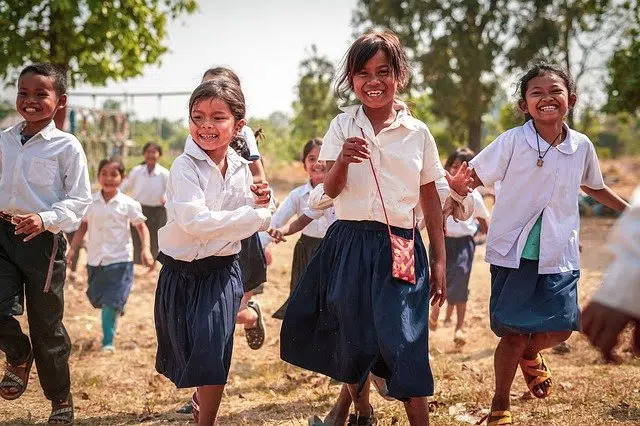
A rural school is an educational establishment that is located far from urban centers.
Coming from the Latin word schola , in turn derived from the Greek scholḗ , the term school refers to an institution where instruction is provided to students. Rural , for its part, is an adjective that refers to the countryside (as opposed to urban).
A rural school , therefore, is an educational establishment that is far from cities . Its students are children who usually live in small places or towns where agricultural activities are carried out.
Characteristics of a rural school
Many times students spend the entire day at the rural school, and in some cases they even spend the night there. This is due to the long distances that may exist between their homes and the establishment. Unlike what happens in cities, in rural areas there are usually problems with transportation due to the lack of means of transportation and roads in good condition.
The rural school allows the children of farmers access to schooling . In this way, the institution promotes social integration and provides opportunities for progress to those who reside in remote regions. If these schools do not exist, families would have to move to cities or children would not be able to attend classes.

The students of a rural school usually live at great distances from the institution.
Frequent problems
It is important to mention that rural schools often have difficulties in meeting their training objective. Infrastructure problems , the lack of teachers and the non-attendance of students due to weather issues or seasonal jobs are some factors that must be faced.
Another problem of rural schools is the need to adapt content to the various regional realities. The curriculum of a rural school cannot be the same as that of an urban school since the students come from very different backgrounds and face different daily situations.
One of the greatest benefits of rural school from a social point of view is the opportunity it gives children to make friends their own age, since in the countryside the houses are usually very far from each other.
The urban view on the rural school
Generally, given the preponderance of the city over the countryside, criticism about the rural school, as well as action plans to improve it, arise in the former. In this way, the tone of contempt that overshadows the descriptions of the rural school is common: instead of focusing on the advantages it may have with respect to the urban one, they simply list a series of problems that are quite predictable at this point, and with that They justify the supposed superiority of the city.
One of the points that usually appear in conversations about rural schools is the percentage of children who pass the different stages, that is, primary and secondary, as well as those who go on to pursue university studies. The numbers are always in favor of the city, something that makes many experts on the subject rejoice, but the fundamental question is not how many years a person studies but rather what they learn along the way , especially what values they acquire.
The conversations that oppose the countryside and the city can have two very different directions: if they talk about education, the victory goes to the city; However, if the topic is human quality, the field looks much better. Nowadays we no longer need to watch science fiction movies to imagine ourselves in a future dominated by technology , because we already live in it. The city has become a space that impossibly combines crowds with solitude, a rather questionable idea of progress that for different reasons has not yet reached the countryside.
